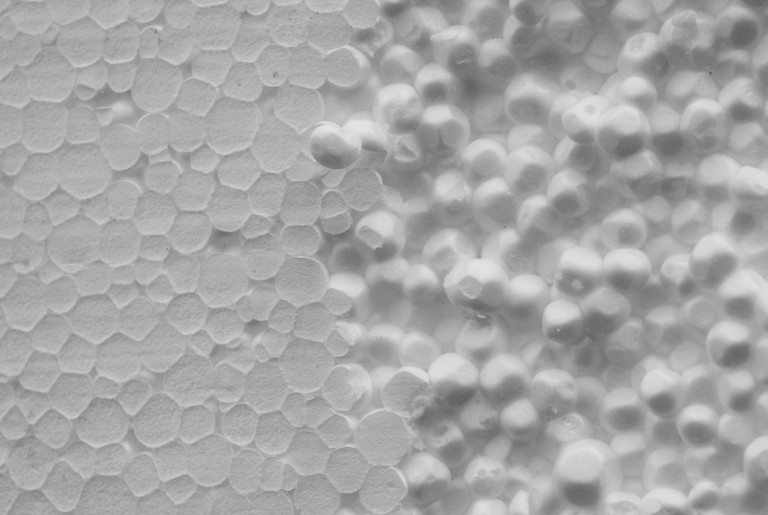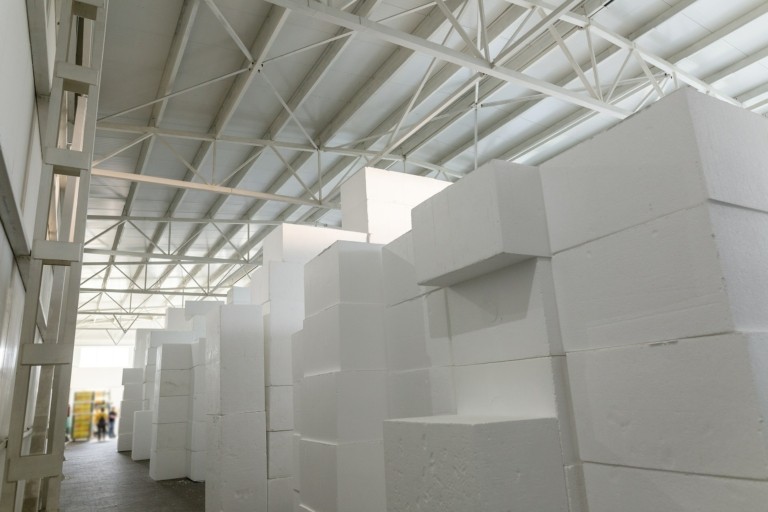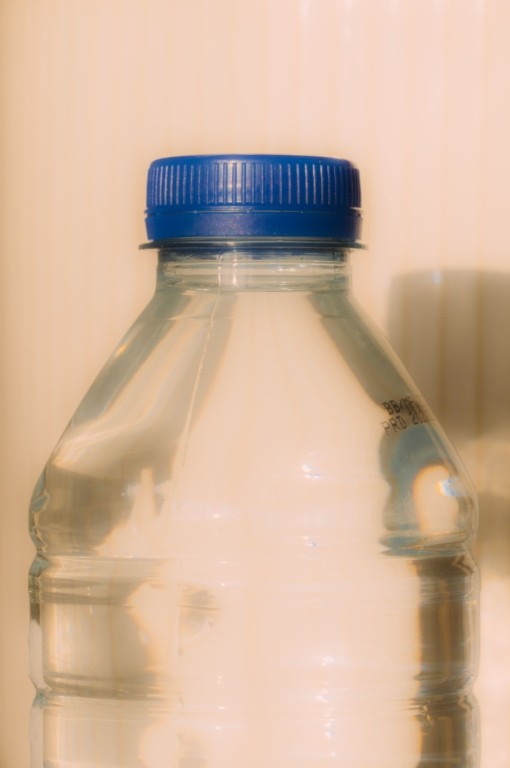
BioSphere Plastic is helping the European Union on policy making around “Green Initiatives” and biodegradable plastic. The scope is far and wide including recycling initiatives in coastal communities, to understanding the different Life Cycle Assessments of Bio-Polymers and synthetic resins including synthetic resins using BioSphere Plastic’s technology. BioSphere is committed in helping the European Union come to conclusions on new directives for landfill waste, green waste, biobased polymers, oxodegradable plastics and the new form of biodegradable additives provided by BioSphere Plastic.
The European Union is concerned with the usage of Oxodegradable additives as it could hinder the recycling stream and if intervention should occur to regulate the uses of oxodegradable or oxo-biodegradable materials.
While BioSphere Plastic understands that Oxo-degradables should be used when people are littering waste across the country(if they are floating for 12-18 months), the issues are with the claims being made with garbage bags which are being placed into landfills or incineration devices to create energy. Oxo-degradable / Oxo-biodegradable plastics are of no benefit to consumers which are not littering plastics and disposing of the plastic garbage bags and take out bags.
The misunderstanding with Oxo-biodegradable and Oxo-degradable technologies is that the products will biodegrade by microorganisms. This has been under fire by many large organizations world-wide and by many University Professors. Oxo-degradable technologies need UV light, which in turn forces the metal salts(transition salts), which are iron, magneese, cobalt or other stearates mixed with cassava starch and in some cases lignin, to force the polymer chain into smaller and smaller pieces. This of course is of no value unless the consumer wishes to litter the product.
In the case of the European Union, it is doing all it can to sequester the energy that is in the plastic articles to gain energy from the plastic or recycle the plastic so that it can be used again. Currently countries like Germany are recycling 90% of their plastic articles, while some plastic just can’t be recycled it is in most cases incinerated.
BioSphere continues to help Government’s, consumers, business owners and large corporations understand the developing industry of biodegradable plastic.



